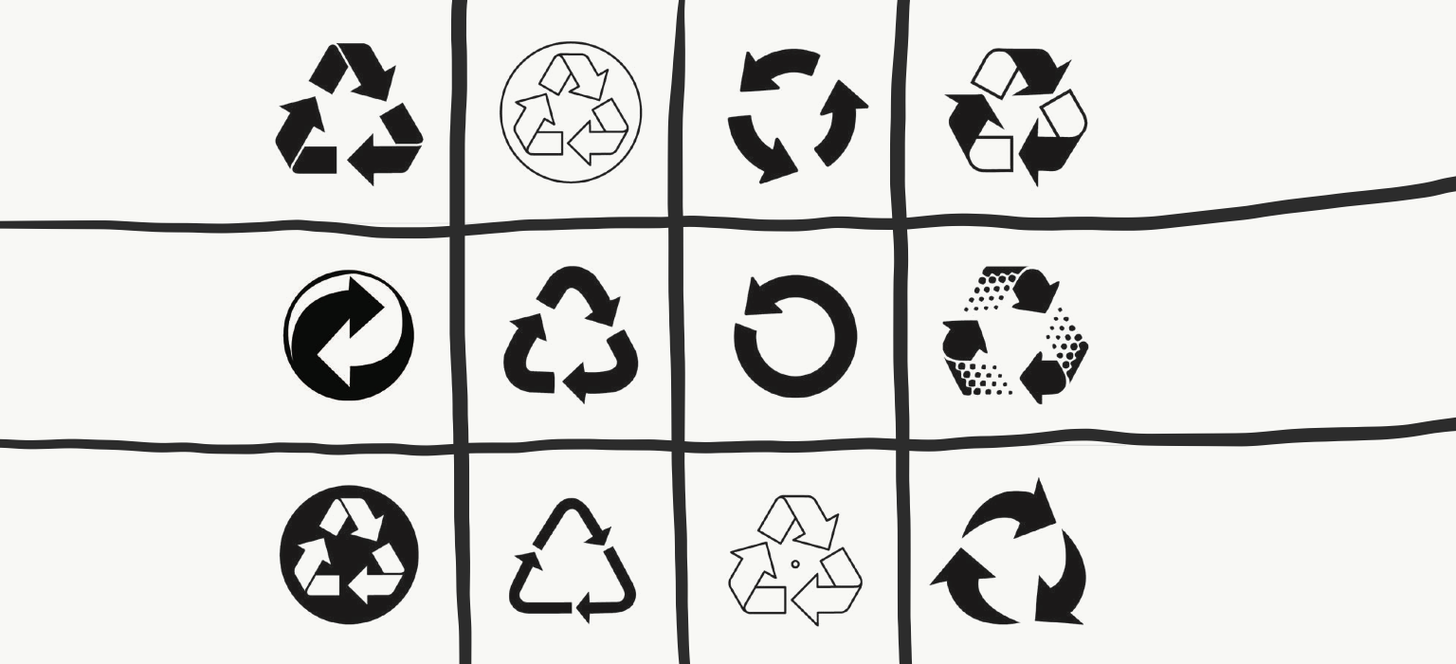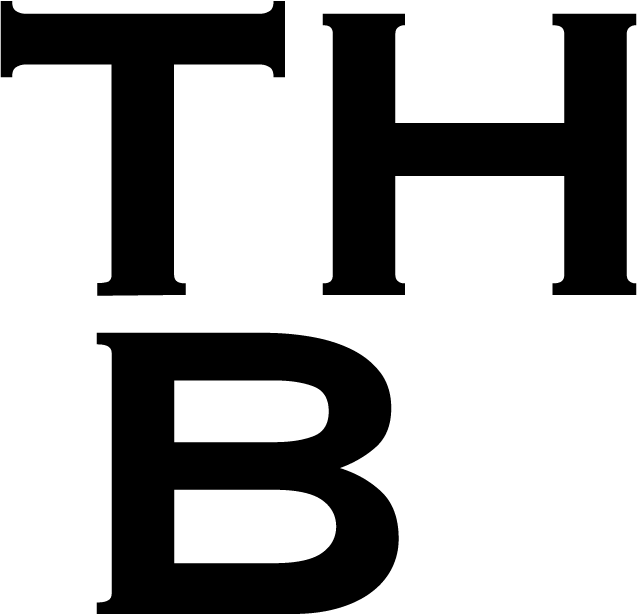
back from the start
We are back at it again. Academic years have started or are finally about to start. School buildings are open, and allowed to deliver physical classes once again.
Isn’t this the perfect time to ask for the purpose of education?
Although a rather straightforward question, once we scratch on the surface, it quickly gets dirty and complex. As with everything, there seems to be a multitude of views on the topic:
Socially aware “education is a free common good for everybody”, may clash with neoliberal approaches defining “education as a product” and its providers as investment opportunities for private equity. It is unlikely to find any consensus across the sector around a central purpose and that is fully ok. It is actually an intrinsic part of the pluralistic understanding of how we wish to live, acknowledging and respecting diversity.
Start with the end in mind
One thing seems to be clear, schools are not back to “normal”, they will never again. Their operations will never work in the same way they have prior to the pandemic: Purpose and priorities have shifted and are upside down. We clearly need to change our approach. That means, as Stephen Covey wrote, beginning “with the end in mind.” I agree with some of Micheal Horn’s propositions, being convinced that this backwards approach has to go through an innovative mixture of skills and knowledge:
Skills
The purpose of knowledge isn’t necessarily for its own sake, but so that an individual can do useful things with that knowledge and apply it in ways that make a meaningful contribution. Critical thinking, problem solving, collaboration, communication, and creativity are vital skills that employers report consistently as being more and more important for their employees. The ability to use these skills, of course, are dependent on having some domain knowledge. I can think and come up with ideas for the future of education, but if you dropped me in a coding job, I would be lost and unable to apply any of these skills. At the same time, as I teach in specific workshops, these skills can be defined and individuals can learn how to do them in a repeatable and intentional process. As an individual masters these skills in a variety of domains with intentionality, not the focus of most of the schools, individuals can then more rapidly apply them in new domains as they master its knowledge and lexicon.
Habits of Success
Also called character skills, or noncognitive skills, habits of success revolve around things like self-regulation, executive function skills, growth mindset, self-efficacy, agency, self-direction and more. The sorts of habits that help turn individuals into lifelong learners capable of navigating life’s twists and turns—arguably more important than ever as the half-life of knowledge and skills continues to shrink in the digital age of the knowledge economy of gigs.
Health and wellness
As schools come back from a challenging time thanks to the pandemic, students will have a variety of differing challenges around their social and emotional wellbeing as well as their more basic health and wellness. Although there’s an argument around whether schools should be involved in these areas, for students to learn effectively, if they aren’t in a sound state in their wellbeing or health, learning will be challenging at best—which means it will land in the domain of schools: Not separate from academic learning, but critically integrated.
Learners, not students
Schools may tackle this in different ways. A common exercise is to construct a portrait of a graduate to try and understand what an individual entering the professional world in some number of years would need. The aforementioned points are more than crucial.
For my part, I’d argue that the goal for providers of higher education would be to produce learners, not students: Open minded thinkers, who are prepared to maximize their human potential, build their passions and lead choice-filled lives, participate civically in a vibrant democracy, contribute meaningfully to the world and the economy, and understand that people can see things differently—and that those differences merit applause and respect rather than persecution.
This article is based on our newsletter “thoughts&coffee” published on 01.10.2021

